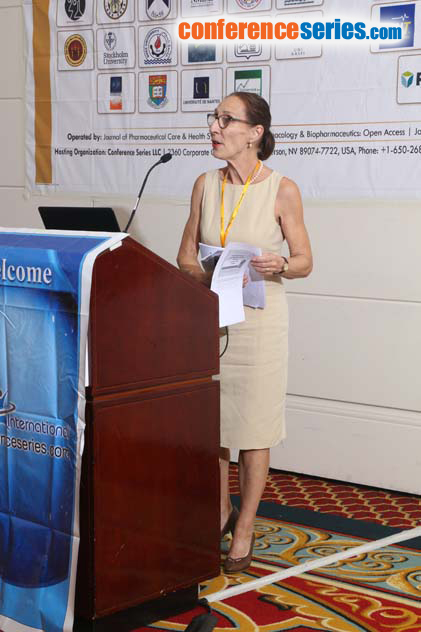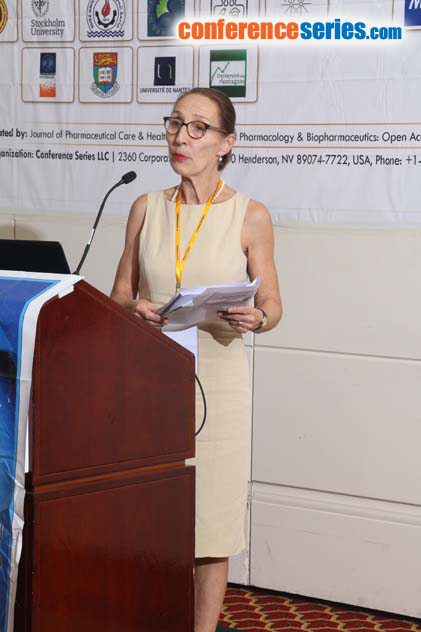
Maria Lindau
Stockholm University, Sweden
Title: Efficiency enhancement of neuropsychological evaluation - Short forms of Wechsler Adult Intelligence Scale, 4th Ed. (WAIS-IV) seven-and four-subtest models
Biography
Biography: Maria Lindau
Abstract
Neuropsychological assessment is time-consuming, and examination of healthy individuals with the ten core Wechsler Adult Intelligence scale, Fourth Ed., (WAIS-IV) subtests to assess Full- Scale IQ (FSIQ) may well exceed 90 minutes. Clinical testing of patients must be presumed to take even more than 90 minutes, and additional time is required for the fi ve optional subtests in the battery. In order to reduce testing time a considerable amount of studies have been produced to identifythe most statistically reliable abbreviation of the WAIS. One of the most commonly used short forms (SF) of WAIS-IV is the sevensubtest short form of the WAIS-IV, originally developed by Ward (1990). Th is SF includes the following subtests: Block Design (BD), Similarities (SI), Digit Span (DS), Arithmetic (AR), Information (IN), Coding (CD) and Picture Completion (PC).
According to Meyers et al., 2013, this SF has good psychometric qualities. Of importance is that the subtests included in this SF are selection of tests whose validity and reliability are based on norms from an American sample. However, the prevailing view is that neuropsychological tests must take cultural diff erences into consideration, with respect to the content of the testing tasks as well as the norms used to estimate the performance levels. Therefore, the aim was to validate the seven-subtest SF on a Swedish non-clinical sample. In order to see if the time consumption was possible to lower even more, the aim was also to explore a further reduction of the number of WAIS-IV subtests. Th e study sample consisted of 138 subjects (74f/64m) ranging from 19 to 90 in age. Data from the seven subtests was analyzed with linear regression. Th e results indicated that the sevensubtest model predicted 93.5% of IQ, p<.0005, and a four-subtest model consisting one test from each index: CD, SI, BD and AR predicted 88.3% of IQ, p<.0005, which means that the FSIQ prediction accuracy for both models was extremely high. SFs are particularly helpful in the investigation of psychiatric and geriatric patients. When an understanding of the patient’s functioning across cognitive domains administration of a complete WAIS may be to recommend.







